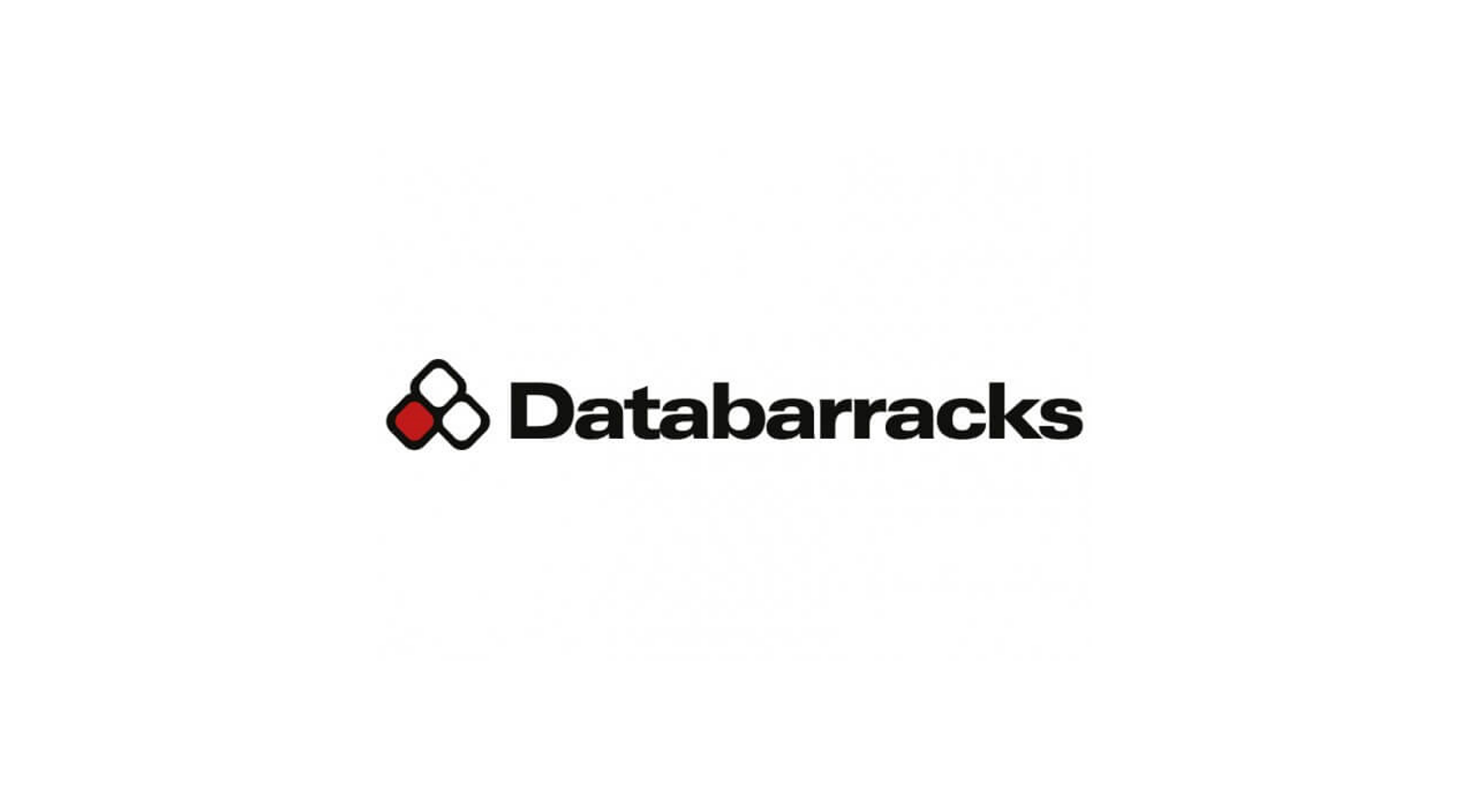Databarracks accepted onto G-Cloud 13

Databarracks is
pleased to announce that it has been accepted as a supplier on the G-Cloud 13
framework.
Databarracks
provides Resilience and Cloud Services to public sector organisations
including: Department for Business Energy and Industrial Strategy, Environment
Agency, Innovate UK and UK Research and Innovation.
James Watts,
Managing Director of Databarracks comments: “The framework comes at a difficult
time for government spending and procurement. Efficiency and value for money
are critical. The benefits of shorter contracts and nimble SME suppliers can
help reduce costs and keep public services delivering.
“The move to
G-Cloud 13 has been one of the more significant iterations. G-Cloud 12 was
extended multiple times to allow for the transition and the shift to the Crown
Commercial Service Public Procurement Gateway.
“For all the good
intentions behind G-Cloud, there have always been challenges. G-Cloud 13 has
had a rocky start after launching without supplier transparency over the search
process, which has rightly received backlash from the supplier community. That
feature is promised to be reintroduced shortly. On the buyer side, it is vital
they are well-informed about the changes and updates to the programme and new
procurement gateway to make sure momentum does not stall between these
frameworks.
“In our
experience, since G-Cloud was first introduced, the biggest change in buyer
interest has been in the hyperscale public clouds, specifically AWS and
Microsoft Azure. In the early days of the platform buyers were reticent, but
when the hyperscalers showed commitment and opened UK data centre regions there
was a turning point. Since then, public cloud adoption in the public sector has
rocketed.
“When using the
public cloud, there is still a great deal of value to be gained by using
specialist cloud service providers to get the most from these platforms.
“Interest has
moved from Lots 1 & 2 for Cloud Hosting and Cloud Software to Lot 3 - Cloud
Support. That means cloud design and architecture services, on-going DevOps and
management. Cost optimisation, capacity and demand management will all be vital
to the public sector during this iteration of G-Cloud.”



